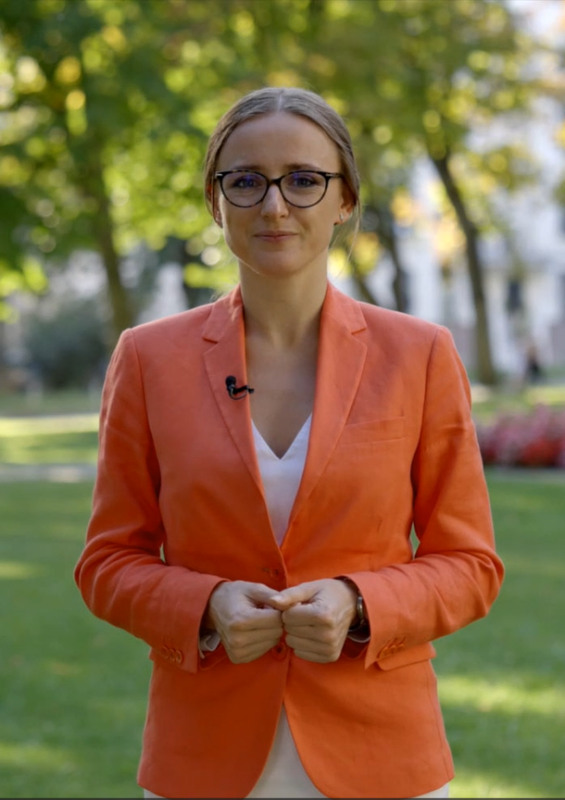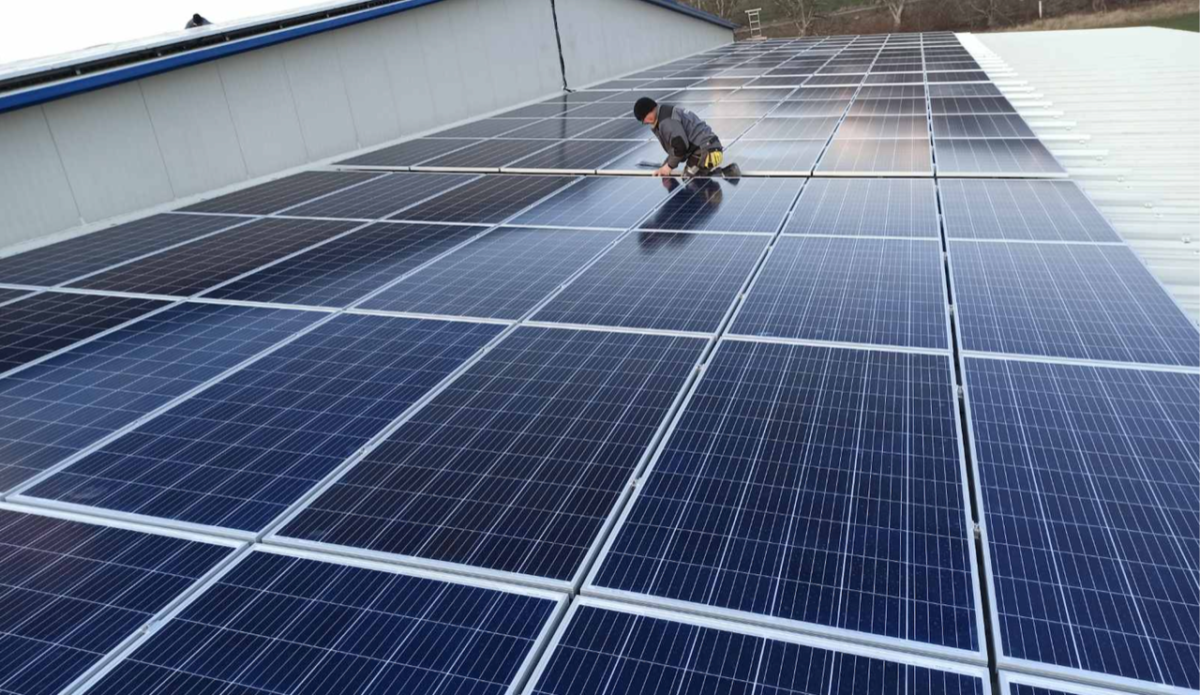Moldova's Ministry of Energy has published the timetable for large-scale renewable energy tenders. The procurement exercises will kick off on April 9 and bids will be received for at least three months.
The minimum capacity for PV project particitaing in the auction will be 1 MW. The tender will procure a total of 60 MW of solar projects.
“We absolutely expect new tenders. By the end of the year, we will know the results of these auctions. Afterwards, we are considering organizing the next round of RES auctions since the Vulcanesti – Chisinau 400 kV line will be operational by the end of 2025,” Carolina Novac, secretary of state for Moldova's Energy Ministry, told pv magazine.
The total capacity for wind projects is almost twice that for PV projects. Novac explains that the decision on capacity allocation was made considering the overlap of different incentive schemes as well as some structural reasons.
“Firstly, we have already allocated feed-in-tariffs to 120 MW of ground-mounted PV and additionally to 15 MW of rooftop PV,” said Novac. “Secondly, we also know that wind's capacity factor, that is its energy output, is higher than the PV one. We also look at the principle of the highest efficiency for utilisation of land and, in Moldova, 98% of land is arable with some of the best soil in the world. And thirdly, wind energy delivers electricity in the evening as well, and we know that the load peak is usually the highest around dinner time.”
The Ministry expects big renewables producers and developers to participate in the tenders. The secretary of state says the most promising bidders will be companies that are already established in Moldova, have experience in the sector, and have already kickstarted the process to obtain required permits.
Broader context
“The first-ever tenders for fixed-price power plants will allow for the construction of large wind and photovoltaic parks, reduce dependence on imported energy, decarbonize the economy, and create new jobs,” said the Moldovan government.
Popular content
The country has long been exposed to gas supply shock risks, as Russia traditionally supplied all gas consumed in Moldova via Ukraine. Last year, Moldova started its six-year-long energy sector reform program, receiving the support of international, mostly European, institutions like France's Agence Française de Développement (AFD), Deutsche Gesellschaft für Internationale Zusammenarbeit (GIZ), and the European Bank for Reconstruction and Development (EBRD). The United States Agency for International Development (USAID) also offered support.

Image: CEER
The government is working to approve several documents in preparation for the launch of the tenders.
“According to the timetable for the launch of the tenders, in February this year, the amendments to the Regulation on the conduct of tenders for the status of eligible large producer, the appointment of the ‘Tender Commission,' the publication of the tender documentation and, during February-March this year, its consultation with stakeholders will be approved,” said the government.
Provided that the entire capacity allocated in the “fixed-price” support scheme is awarded following the tender procedure, the government plans to organize a single tender procedure for the 2024-2025 period to grant the status of “large eligible producer”.
“These capacities of 165 MW in total for wind and solar are allocated as a result of modeling of energy consumption, generation, availability upon the grid, and other parameters, and the goal is to have 410 MW of renewable energy capacity installed overall (both under feed-in tariffs and fixed prices),” said Novac. “After 2025, we will have the Vulcanesti – Chisinau transmission line operational and two other transmission projects in the works, so it will be possible to integrate more renewable energy.”
In 2025, the Ministry of Energy will initiate a new national power system modeling exercise to determine the capacity of renewable energy under the support schemes in line with its renewables target of 30% of the electricity mix by 2030.
The Ministry of Energy has also developed and is promoting the draft National Integrated Energy and Climate Plan, a policy document developed in accordance with the provisions of the European Union Regulation No 2018/1999 on the governance of the Energy Union.
This content is protected by copyright and may not be reused. If you want to cooperate with us and would like to reuse some of our content, please contact: editors@pv-magazine.com.


2 comments
By submitting this form you agree to pv magazine using your data for the purposes of publishing your comment.
Your personal data will only be disclosed or otherwise transmitted to third parties for the purposes of spam filtering or if this is necessary for technical maintenance of the website. Any other transfer to third parties will not take place unless this is justified on the basis of applicable data protection regulations or if pv magazine is legally obliged to do so.
You may revoke this consent at any time with effect for the future, in which case your personal data will be deleted immediately. Otherwise, your data will be deleted if pv magazine has processed your request or the purpose of data storage is fulfilled.
Further information on data privacy can be found in our Data Protection Policy.